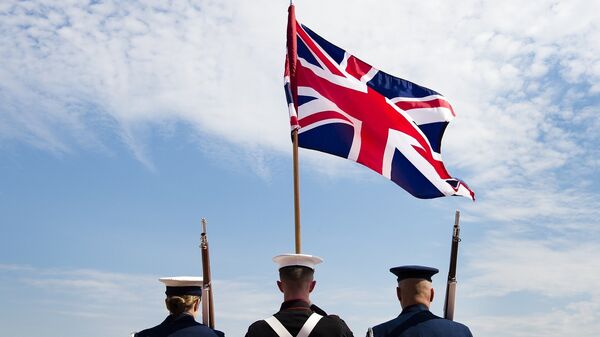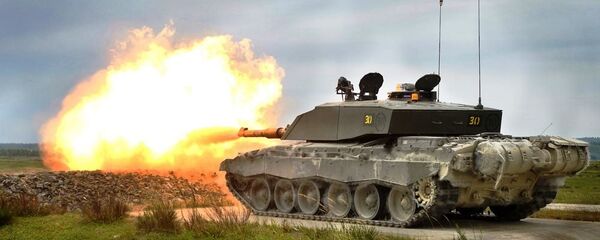The brief describes the campaign's target audience as "16 —24, primarily C2DE", the latter being a demographic classification referring to the UK's three lowest social and economic groups.
These individuals are said to be; "open to change"; "ambitious and money-driven, but not good at money management"; "highly likely to be influenced by those around them"; have a "thirst for variety and risk".
'Focus locations' for the propaganda blitz are northern cities of Bradford, Leeds, Liverpool, Manchester, Middlesborough, Newcastle, Sunderland and Sheffield. Other major metropoles in recruiters' crosshairs are Birmingham, Cardiff, Glasgow and, perhaps predictably, London.
In respect of TV ads, the document states the campaign's 'hero spots' should ideally run before, during or after sports, dating, and reality shows, including The Voice, Celebrity Big Brother, Celebrity Bake Off and Gogglebox.
Adverts will also be shown in cinemas, but the document warns against running them prior to "combatant" films — perhaps indicating the romantic and glamorous depiction of army life promoted by ‘This Is Belonging' may be compromised by association with violent war films.
Child Soldiers?
The campaign provoked controversy earlier in 2018 when it was revealed ads targeting 16-year-olds via social media on and around GCSE results day were promoted via Facebook, suggesting they enroll in the army if they didn't achieve the grades they were expecting.
Beyond the implied cynicism of targeting potentially stressed, vulnerable children, some were simply shocked to learn the UK routinely recruited under-18s for military service — the only country in Europe, and the only member of NATO and permanent UN Security Council, to do so.
This practice has endured despite stringent criticism from the United Nations Committee on the Rights of the Child, Parliament's own Joint Committee on Human Rights, and numerous charities and NGOs — among them Forces Watch.
"Compared with older personnel, younger recruits are significantly more likely to suffer post-traumatic stress disorder, consume alcohol at harmful levels and behave violently upon returning from deployment. Young recruits from disadvantaged backgrounds are at greatest risk — they're more vulnerable to stress, be given jobs more exposed to traumatically stressful events on the battlefield, and lack strong social support when they leave the forces in order to manage the effects of any mental health problems they may be experiencing," spokesperson Rihanna Louise told Sputnik.
This lack of social support may account for why UK army veterans under the age of 24 are three times more likely to take their own lives than their civilian counterparts.
Nonetheless, Forces Watch believe the targeting of vulnerable young people by UK military recruiters is no accident — and in fact suggest ‘This Is Belonging' specifically seeks to exploit "the typically adolescent desire" to find a sense of kinship and acceptance, at an age when a tendency towards hasty and risky long-term decision-making is almost universal.
"This is also an important time for learning and gaining educational and social skills for healthy development — but while the military does provide some education for its 16-18-year-old personnel, it's not standardized by the same requirements as mainstream education, falls short of offering satisfactory transferable qualifications — which significantly contributes to veteran unemployment — and is secondary to military training. In any event, adolescents are misled into thinking they needn't be concerned with civilian qualifications and learning — the Army has a job for them regardless of qualifications," Rihanna told Sputnik.
The views and opinions expressed in this article are solely those of the speaker and do not necessarily reflect those of Sputnik.






